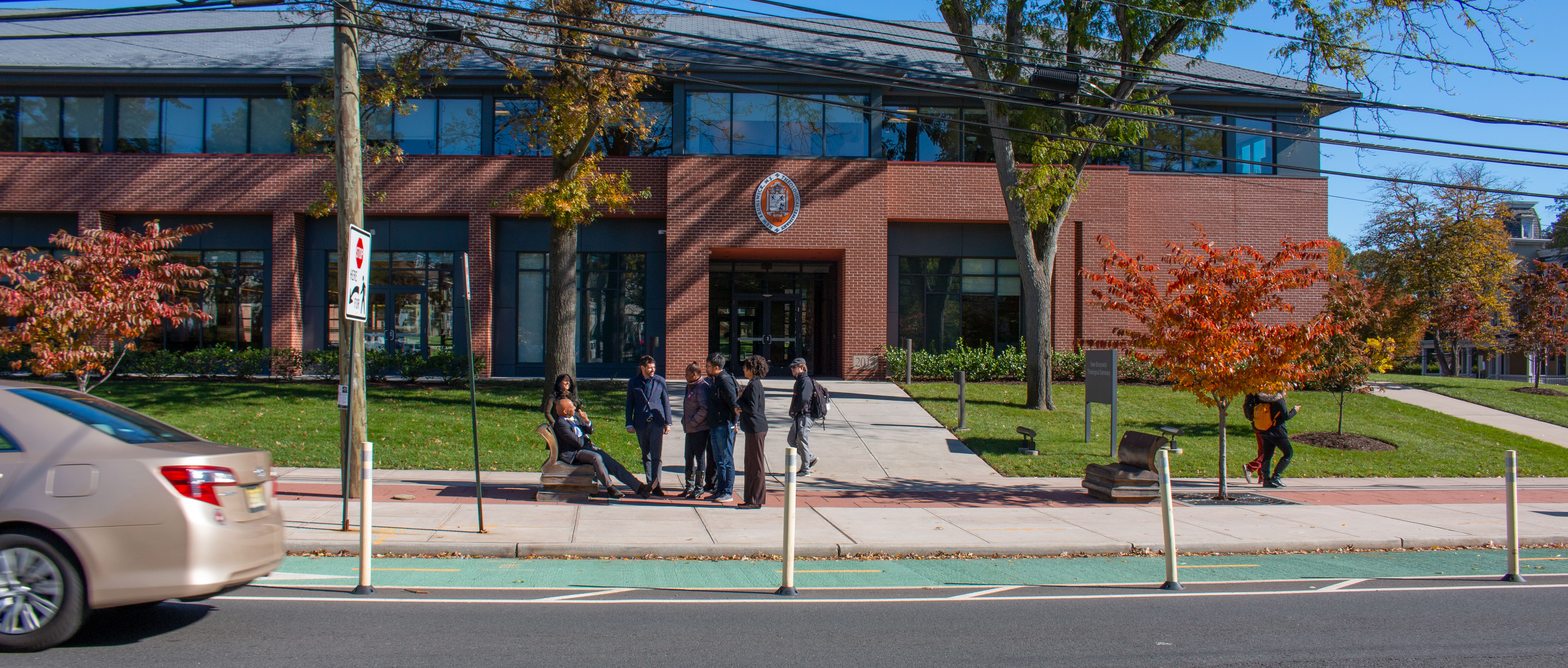President’s Blog 7 – Pain and Joy as Healing Waters
January 16, 2019

Blog 7 – Pain and Joy as Healing Waters
On New Year’s Eve 2018, my youngest brother, Timothy C. McCreary, died – just six days after it was discovered he had pancreatic cancer. While preparing to return home from his funeral two weeks later, I learned that one of our beloved NBTS students died the day before – on Friday, Jan. 11 – from a rare blood disease.
Still grappling with both losses, during my flight back to New Jersey I decided to settle my mind by watching the movie The Shack. If you have read the book by William Paul Young or watched the movie, directed by Stuart Hazeldine, you know that the premise of both is that Mackenzie Phillips (the dad) takes his three children on a camping trip, and during an accident on the water involving his two older children, his youngest child is kidnapped and killed. Evidence of her kidnapping and death are found in a nearby shack in the heavily wooded area.
While Nan Phillips (the wife/mother) holds the family together, Mack is overwhelmed with a great sadness. Now, I don’t recall if this aspect of the movie was in the book (which I had previously read), but in the movie, the father tells his children the story of the Native American lore of the Multnomah waterfall (http://www.oregon.com/attractions/multnomah_falls). The lore in the movie differed from the actual Native American story and focused on the sacrifice of a tribal chief’s daughter to save the tribe. After hearing the lore in the movie, Missy Phillips, the youngest child of the family and future victim of kidnapping and murder, is fascinated by the tale and continues to ask her father faith-based questions about the story. As I watched the movie, I was blessed by the words placed in the mouth of the Divine One: “I can work incredible good out of incredible tragedy! But I don’t cause the tragedy.”
What impacted me even more on this Sunday, during my “grieving and healing” flight home, was the scene in the movie where Mack is confronted by “wisdom” (Sophie), which results in him offering his life as a substitute for the lives of his children. It was so healing for me to see him wake to the reality that the fresh flowing waters of the Multnomah falls were right there. It was powerful to realize that the cave of judgment and brokenness, after he let go of the anger and rage, became a shower of enlightenment and refreshing.
Only when we walk through the valley of the shadows can we arrive at the hills of light and bathe in the refreshing waters of God’s love. But, remember, these are the same waters that disturbed and captivated Missy’s thinking and cleansed Mack’s sadness. That is, the valley of sorrow and the hills of hope and refreshing are connected by the paths we travel and the destination to which we journey.
As we move into a new year seeking to live as ambassadors, healers, priests, and children of God, we each must confront the reality that life can be a struggle. In these past few weeks, as I’ve witnessed a brother speak affectionately about his brother-in-law to his sister; as a daughter and son eulogized their mother and shared precious memories with a room full of mourners; as brothers and sisters offered gifts of support, words, songs, and organization; and as communities rallied around their grieving loved ones to prop them up, I realized that I was leaving my Multnomah falls cave and walking under the cleansing waters of my Multnomah waterfall.
I received an answer to my question, “How do we get free from the pains and mistakes, the injuries and the loss of yesterday?” My answer? We say yes to the pain and mistakes, and hello to the injuries and the losses. By doing this we let go of the “old” and let in the “new.” We shed old regrets, shame, and anger and a new skin of hope, pride, and joy emerges.
In Joy and Justice!
Micah L. McCreary
President, New Brunswick Theological Seminary
